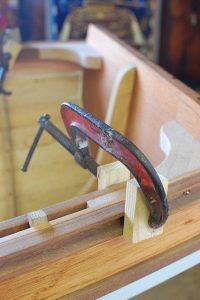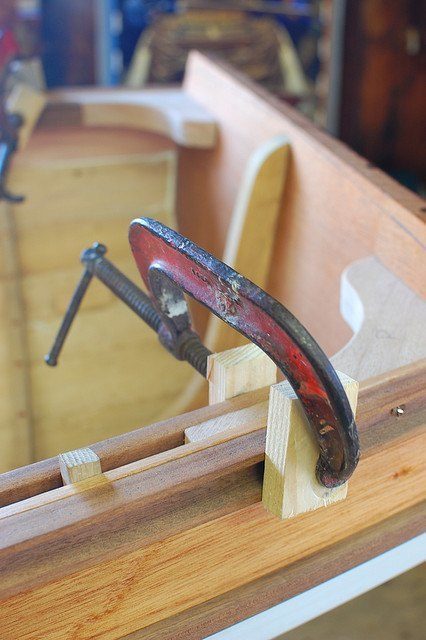What are the characteristics that people should look for in plywood glues?
Plywood glues are chosen depending on a variety of characteristics. For starters, only certain types of glues are moisture or water-resistant. People will want to look for more moisture or water-resistant glues for outside plywood. While it is still an important characteristic for interior usage, there is slightly more leeway in the type of glue used.
Secondly, plywood glues vary in temperature resistance. For example, certain types are designed for high-temperature settings (exterior). Furthermore, while some may hold up very well in high-temperature settings, they could be extremely vulnerable to damage in low-temperature settings.
Lastly, plywood glues will vary greatly in durability and time expected to last. Highly durable glues may be more expensive but could serve a greater purpose in the long run for construction projects or related work. On the other hand, an individual may settle for a cheaper alternative for a craft-type item or something that is not needed to last.

What are the different types of plywood glues?
The following is an incomplete list of plywood glues that may be used. Again, their usage depends on the type of wood, temperature setting, presence of moisture, durability, etc. The main types of plywood glues are the following:
• Urea formaldehyde is used mainly on hardwood for interior or intermediate-type bonding.
• Polyvinyl acetate This type can be made water and high-temperature resistant. It is typically used for edge jointing and veneering purposes.
• Melamine formaldehyde is used less often than the others on the list. However, this type is used when a high-grade bond or weatherproofing is required (especially on top of urea formaldehyde glues). This can also be used for decorative purposes.
• Phenol-formaldehyde is often used for exterior purposes, as it is resistant to various conditions. It may also be used for a veneer or paper overlay purposes.
• Resorcinol-formaldehyde This type of glue, like phenol-formaldehyde glues, is resistant to various conditions. However, it can be more expensive and, therefore, limited to usage for special purposes.




